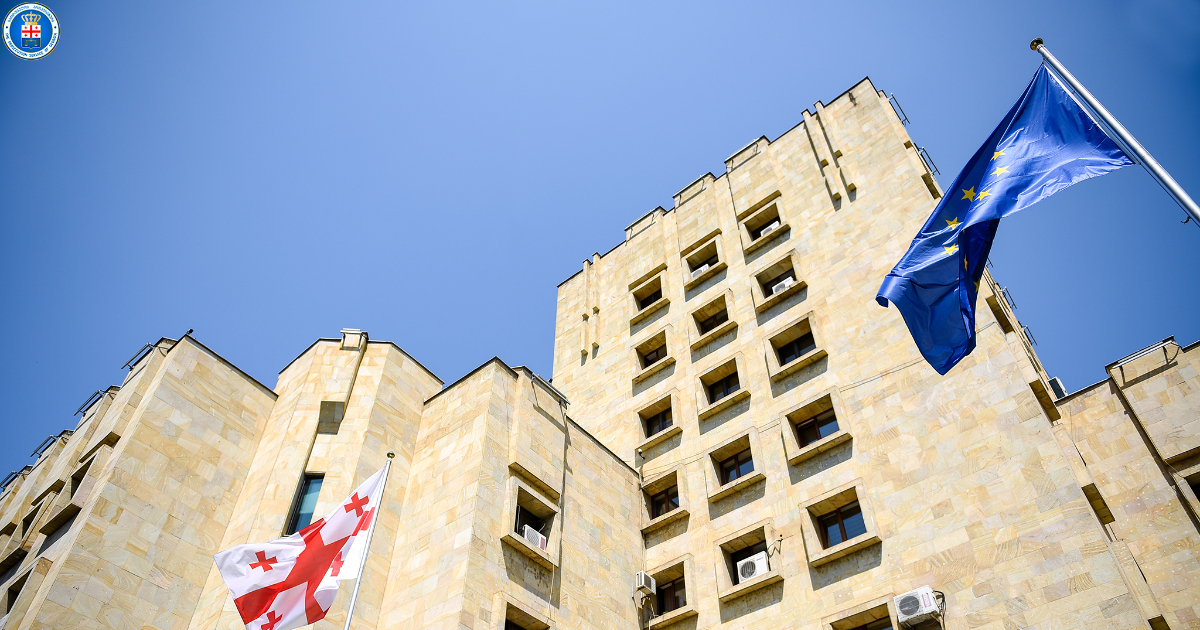NGOs: Gov’t refusal on EU loan points at deviation from Euro-Atlantic course

Author
Front News Georgia
Georgian Democracy Initiative (GDI), Transparency International – Georgia (TI), Institute for Democracy and Safe Development (IDSD), Human Rights Center (HRC), Georgia’s Reforms Associates (GRASS) and the Union of Meskhetian Democrats say that the Georgian government’s recent refusal to take the EU loan points at deviation from the country’s Euro-Atlantic course.
Georgian PM Irakli Garibashvili stated earlier today that the country no longer needs to take the 75 million EUR loan from the EU because of ‘the economic growth’ and the intention to gradually decrease the 20 billion USD foreign debt.
The NGOs stated that the 75 million Euros was the second half of the €150 million EU assistance to be disbursed by the end of 2021.
“In the wake of the coronavirus pandemic, it serves for strengthening public financial management, improving governance, fighting corruption, supporting the business environment, and implementing important reforms. However, in order to receive the money, the Georgian government needs to remain dedicated to its commitments to the EU and ensure the implementation of the reforms envisaged in the April 19 EU-mediated agreement. This, in turn, is a precondition for Georgia’s European integration,” said the NGOs.
The NGOs stated that the President of European Council, Charles Michel, notified the Georgian Prime Minister Irakli Garibashvili about the possible loss of aid without carrying out the reforms during an informal meeting on 23 August in Kyiv.
“Michel said that it is time for Georgia to show its commitment to the agreement, especially with regard to reforms,” said the NGOs.
The United National Movement and the European Georgia opposition parties stated earlier today that the government ‘knew that the EU would have suspended the financial aid (because of the ruling party’s recent backing out of the EU-mediated agreement) and was forced to make the statement on the refusal of the loan before the EU imposed the sanction.’
The ruling Georgian Dream party and majority of opposition parties signed the EU-mediated agreement proposed by Michel back in April 2021 to resolve a six-month, post-election political crisis in Georgia.
The agreement obliged signatories to ensure the conduct of large-scale reforms, including in the electoral and judiciary fields.
In July 2021 the ruling party left the agreement and accused the opposition parties of either not-joining the agreement or the violation of the agreement stipulations.
However, the government promised the fulfilment of all the reforms outlined in the agreement.





